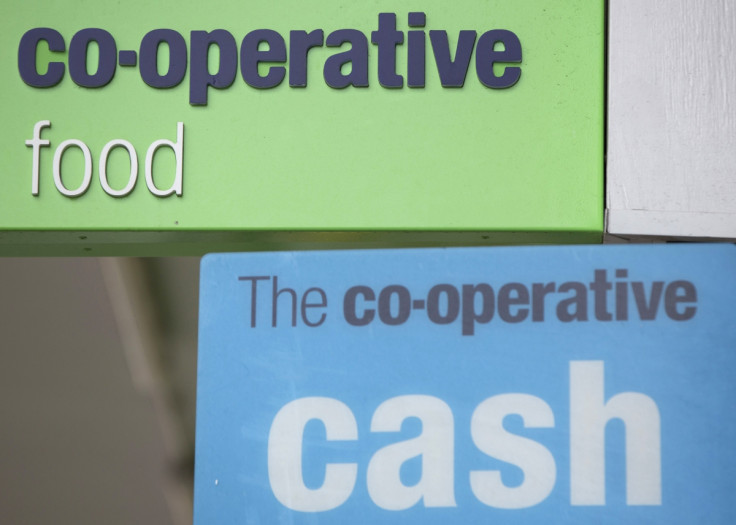Co-op Unveils Sweeping Reforms to 'Ungovernable and Dysfunctional' Group

The embattled Co-operative Group has unveiled a set of sweeping reforms in a bid to clean up its reputation after being swamped by severe management failings, scandals, painful losses in its banking division, and falling food sales in its supermarkets.
Co-op announced a new set of "governance reforms", following criticism of its existing management framework as being "dysfunctional", and the former chief executive resigning after slamming the firm for being "ungovernable".
"These governance reforms represent the final crucial step in delivering the necessary change to restore the group and return it to health," said Ursula Lidbetter, chairman, Co-op Group.
"This has been a process built on co-operation, focusing above all on creating a society where every member has a voice in shaping the group's future.
"I would like to thank our members for their engagement in building a governance structure that strengthens the society and enhances member engagement and our unique democracy."
It could be argued that the group's unique focus on egalitarianism has entirely failed to serve its need as a business, leaving it forced to sell off assets such as its pharmacies and more recently its fams, in order to plug holes in its beleaguered balance sheet.
Co-op's proposed changes include moving towards a "one member one vote" structure to "allow members to vote on matters concerning the group's future, including the election of directors, significant transactions, to participate in society meetings and representation at national and local levels."
"Independent Societies will be appropriately represented, both as Corporate Members of the Society and on the Council and Senate," it added.
Other changes include creating a member-elected board of directors that would be qualified to lead the group, after the Lord Myners and Kelly reports remarked how many of the board, at the time, did not hold the right credentials or experience to look after a complex organisation.
While the Co-op has agreed on the changes in principle, the reforms will be put to a vote at a special general meeting on 30 August.
The scandal hit Co-op group slumped to a £2.5bn (€3.1bn, $4.2bn) annual loss for 2013 in what bosses called the worst year in its history.
It has been dogged by severe problems, as outlined in two separate reports - one by Lord Myners and the other by Christopher Kelly.
The Bank of England said in mid-2013 that the Co-op Bank had a capital shortfall of £1.5bn, which led it to be rescued by American investors. Moody's, the credit rating agency, slashed Co-op Bank to junk status as a result.
© Copyright IBTimes 2025. All rights reserved.






















